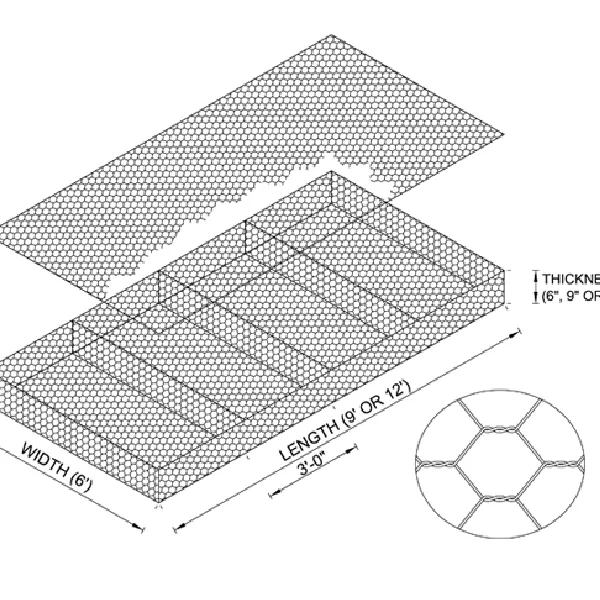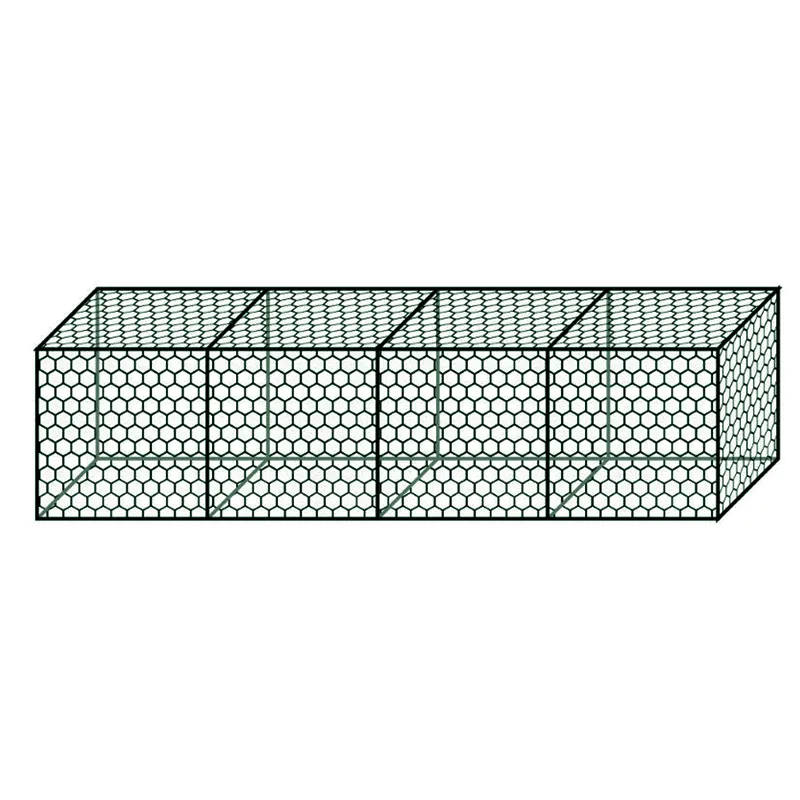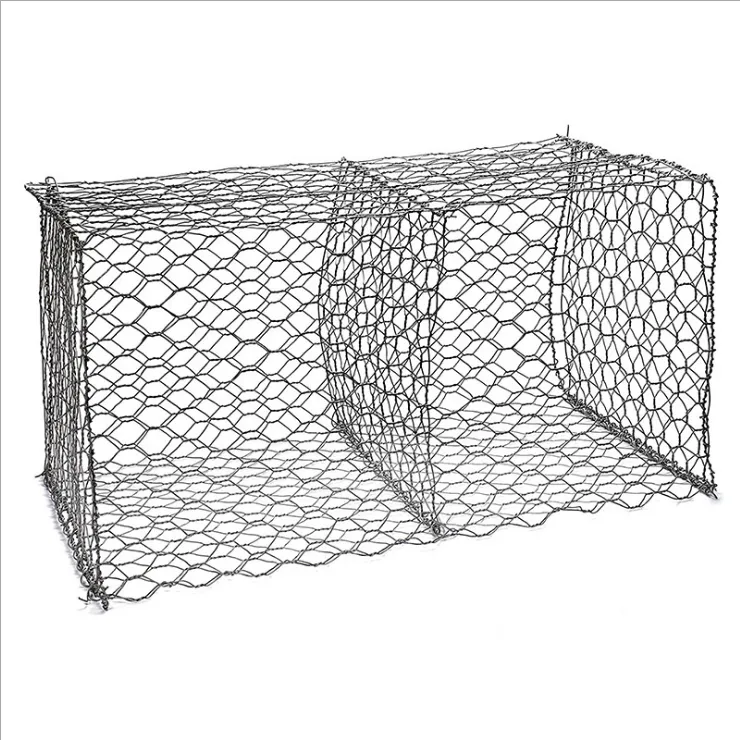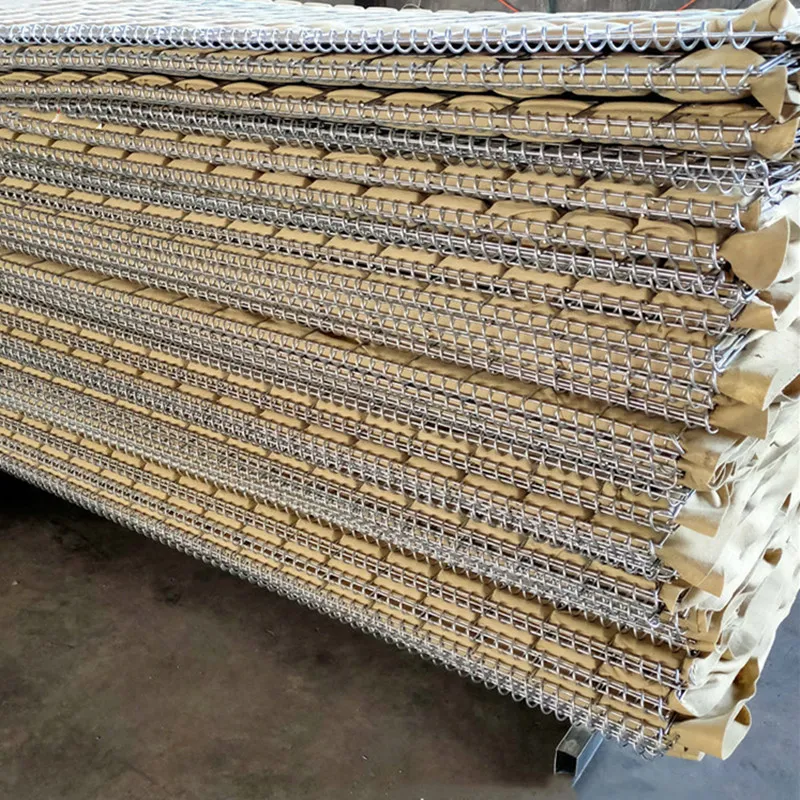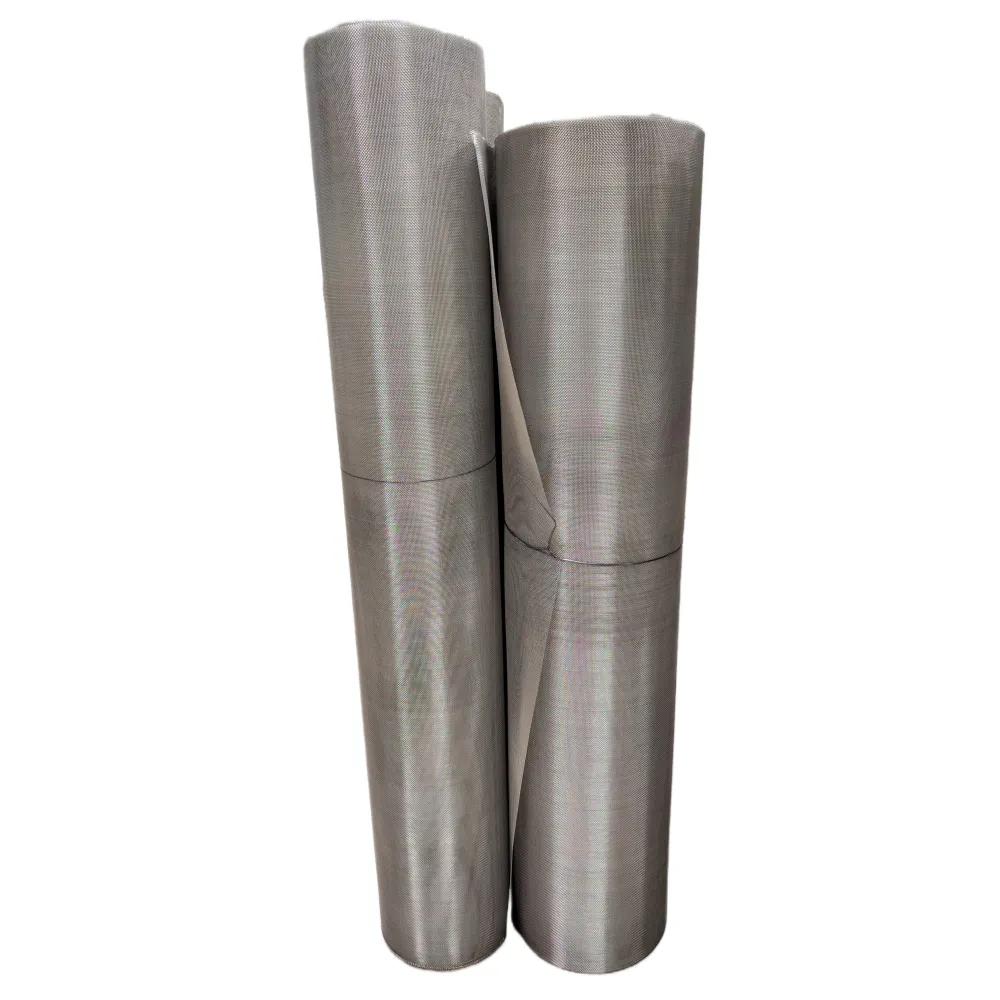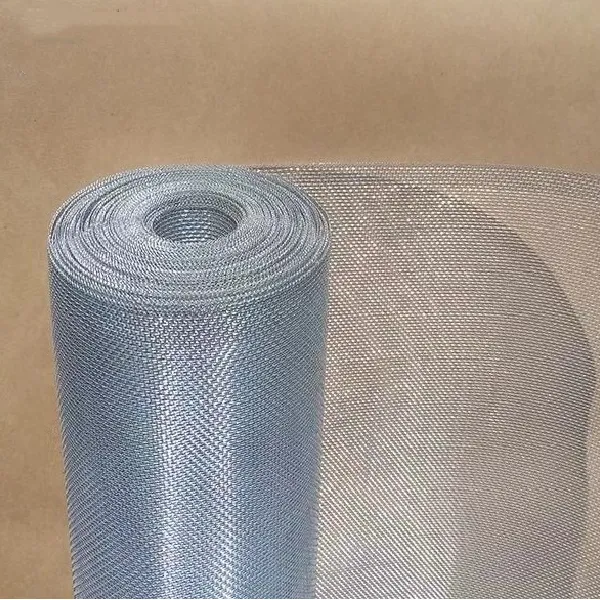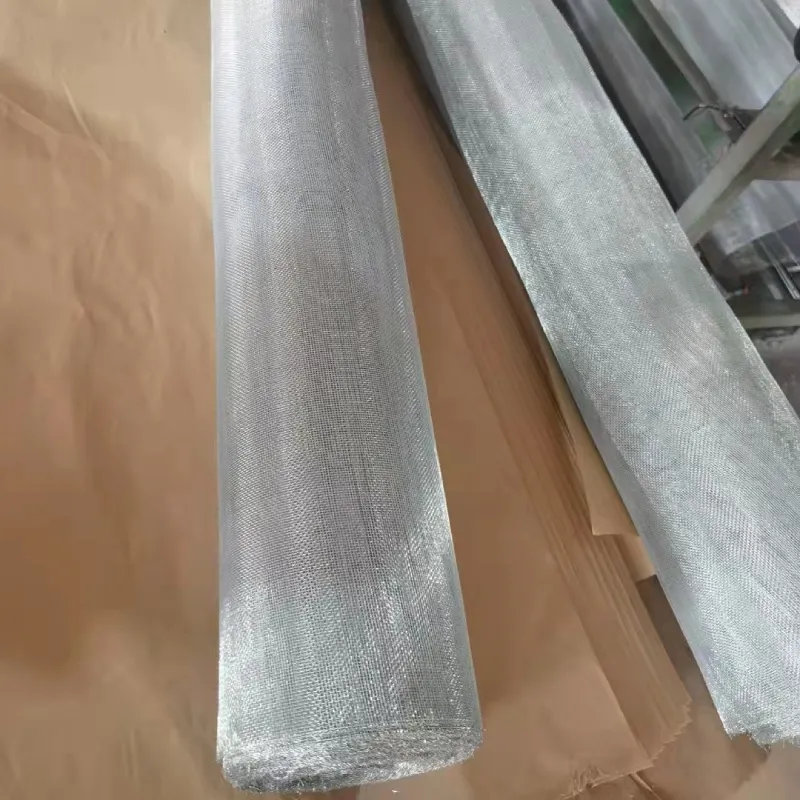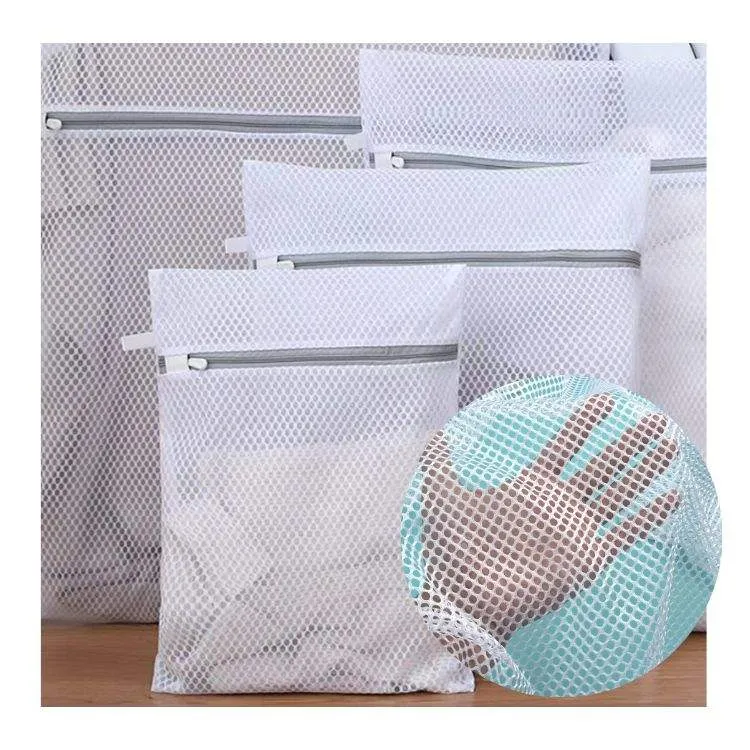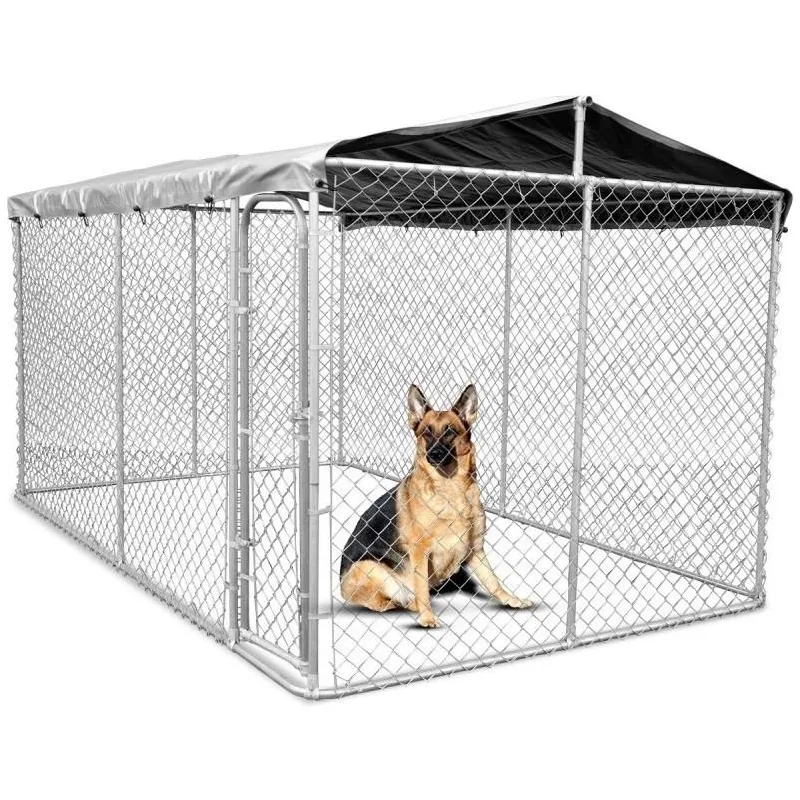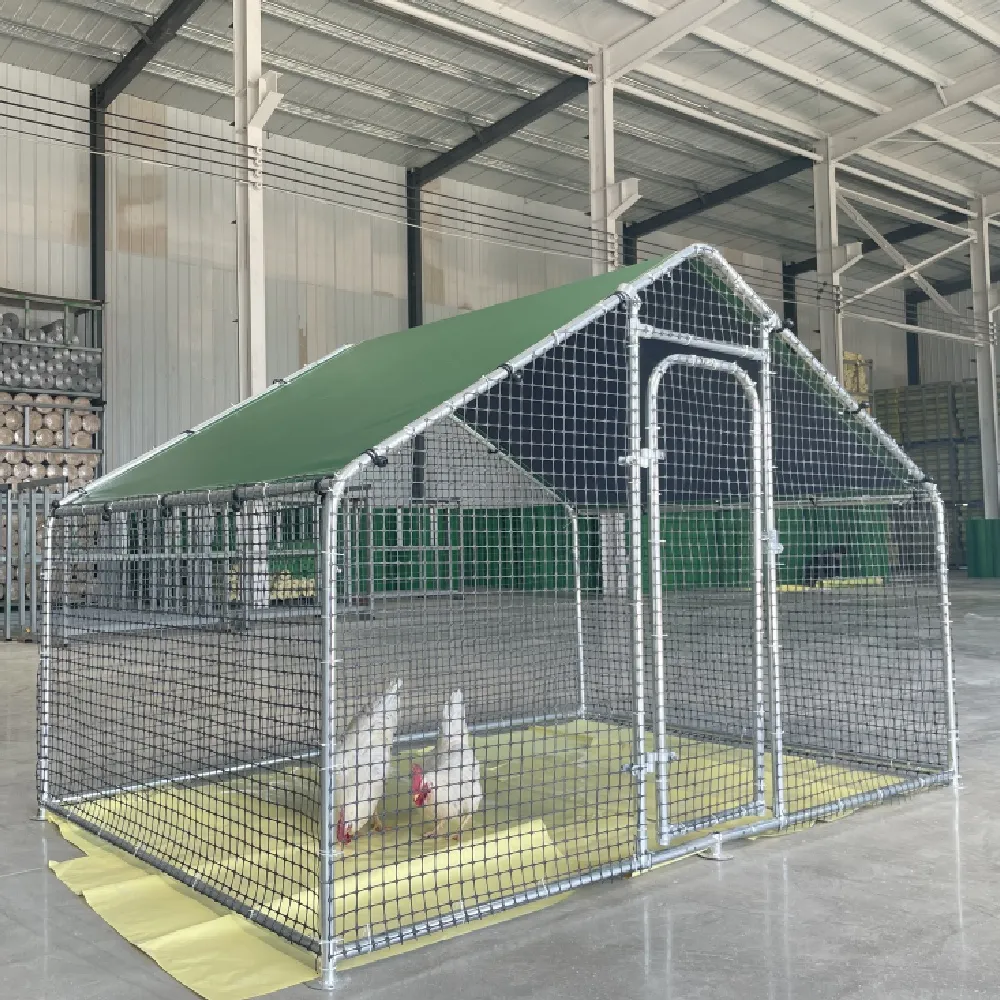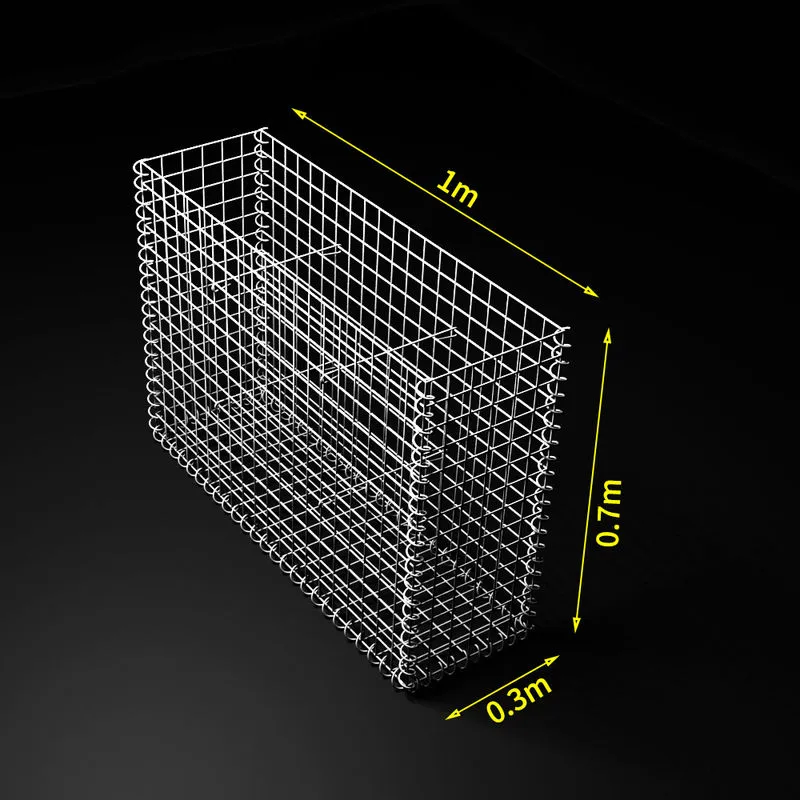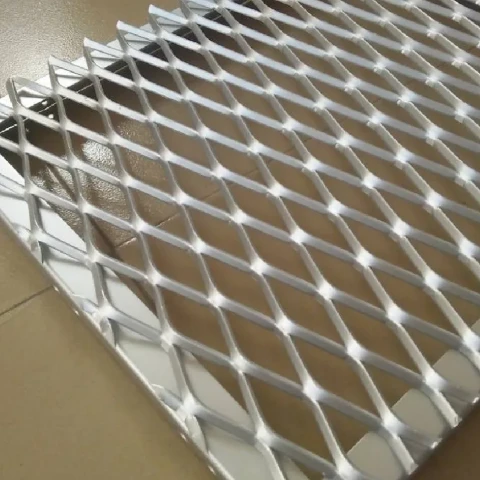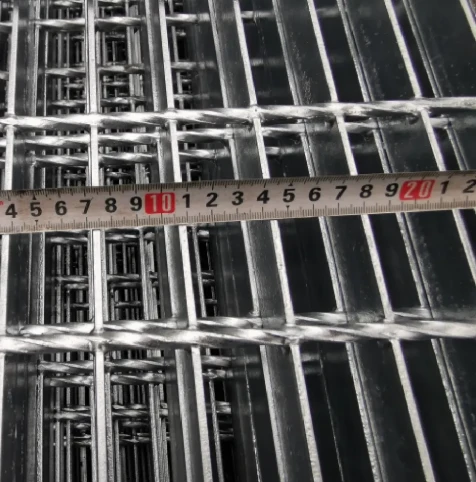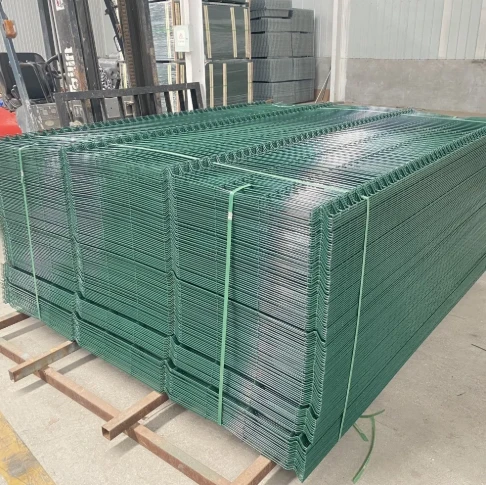If you're passionate about gardening or horticulture, you're probably aware of the myriad options available to help your plants thrive. One growing trend among enthusiasts and professionals alike is the use of metal mesh for plants. This innovative approach offers a multitude of benefits, making it a critical tool in plant care and garden design.
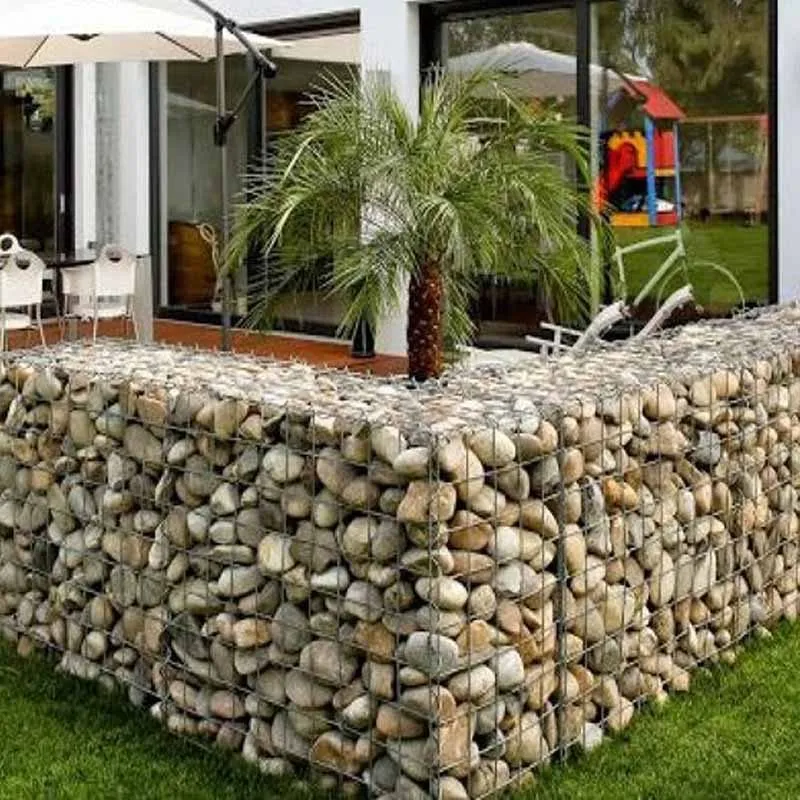
Metal mesh, traditionally used in construction and industrial applications, has found a unique place in the realm of gardening, offering both aesthetic and practical advantages. Its integration into horticulture is not just a passing trend but a sustainable practice supported by both gardeners and agricultural experts.
One of the most significant advantages of metal mesh is its durability. Unlike wood, which can rot, or plastic, which can warp in extreme temperatures, metal mesh stands resilient against environmental factors. This durability ensures that metal mesh supports can endure for multiple growing seasons, providing reliable scaffolding for climbing plants such as tomatoes, cucumbers, and climbing roses.
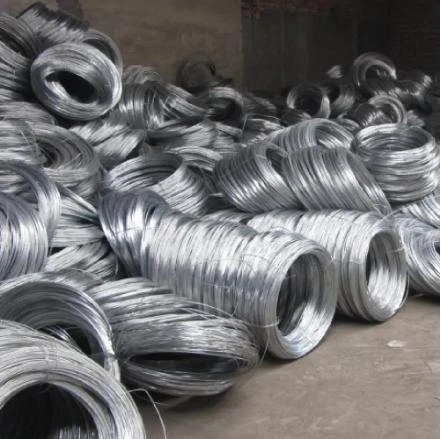
From a horticultural perspective, metal mesh offers unparalleled support for plant growth. By providing a robust structure for plants to climb, metal mesh can significantly enhance air circulation and light penetration. This is particularly vital for preventing mold and mildew, which thrive in stagnant air conditions. Thus, using metal mesh not only supports the physical structure of plants but also contributes to healthier plant growth overall.
For landscape designers,
metal mesh offers a modern, aesthetic appeal. Its sleek, industrial look can complement a wide range of garden styles, from minimalist to avant-garde. Metal mesh can be used to create striking vertical gardens, offering an efficient way to maximize space in urban settings. These green walls not only enhance the visual appeal of any space but also contribute to urban biodiversity and building insulation.
metal mesh for plants
Additionally, considering the environmental perspective, metal mesh is often made from recycled materials, reducing the carbon footprint of your gardening endeavors. Choosing metal mesh supports promotes sustainability within your gardening practices, aligning with an increasing trend of eco-conscious gardening.
For those concerned about the interaction between plants and metal, expert opinions highlight that most high-quality metal meshes undergo a galvanization process. This process coats the metal with zinc, preventing rust and ensuring the mesh remains safe for long-term plant contact. This protective layer is essential, not only for the longevity of the mesh but also to maintain a plant-friendly environment.
When selecting metal mesh for your garden, it's crucial to consider the mesh's gauge and hole size. Lighter mesh might be suitable for delicate vines, whereas heavier mesh is necessary for robust vegetable plants. Consulting with a gardening expert or horticulturist can provide valuable insights tailored to your specific plant needs and garden conditions.
Finally, the trustworthiness of metal mesh as a plant support system is backed by a growing body of anecdotal and research-based evidence. Hobbyist gardeners and professional landscapers alike have shared success stories, highlighting increased yields and healthier plants when employing metal mesh infrastructure.
In conclusion, investing in metal mesh for your gardening endeavors can be a wise decision rooted in both science and aesthetics. Its durability, ability to improve plant health, and environmental benefits make it a standout choice for any garden enthusiast. As this approach becomes more widely adopted, expect to see a shift in both small gardens and large-scale agricultural operations, all benefiting from this innovative, reliable solution. Embrace the versatility and strength of metal mesh and transform your horticulture practices for the better.




